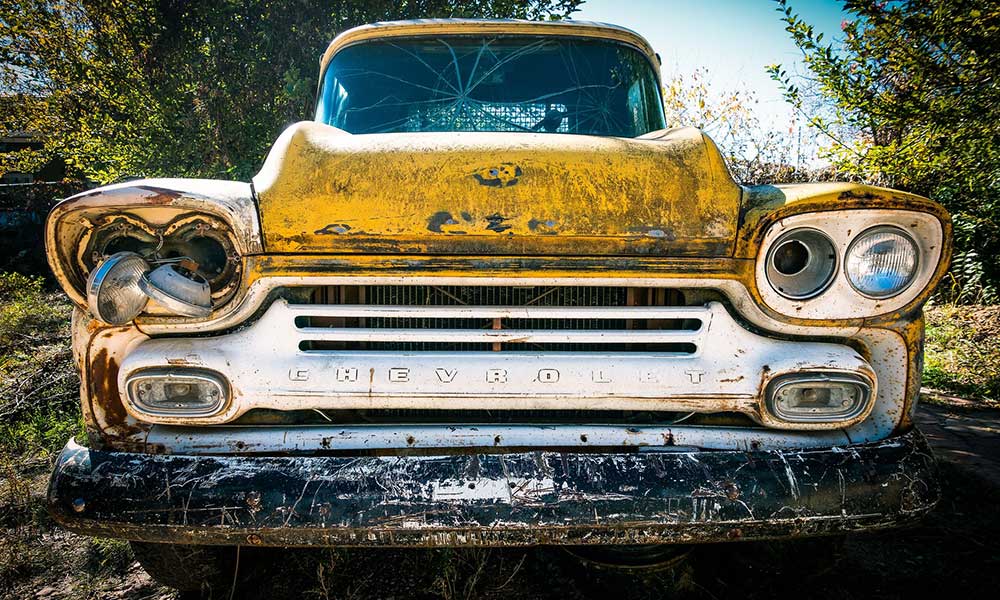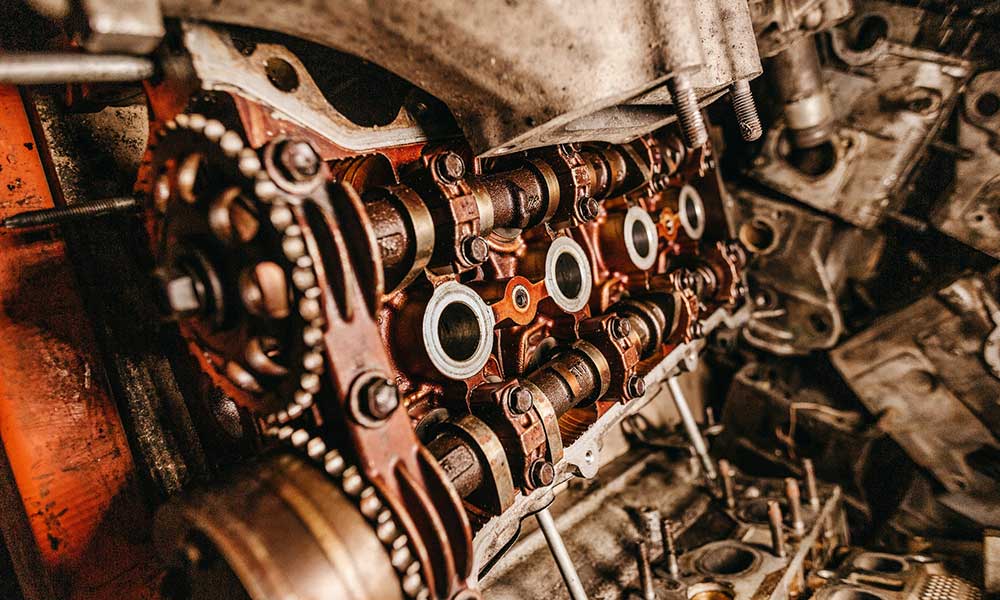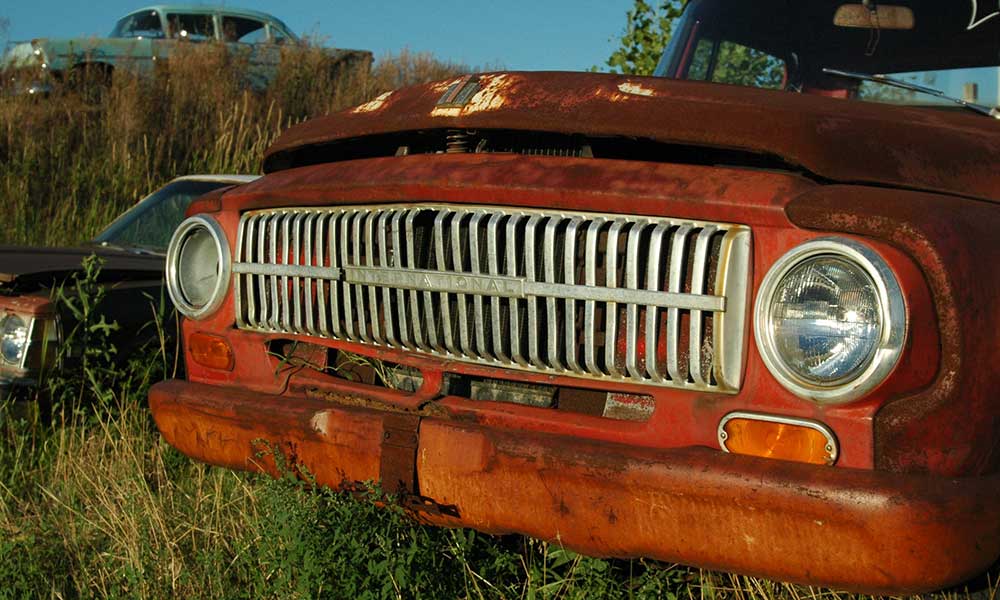When you purchase a new car, the manufacturer provides a warranty that covers the vehicle for a specific number of years or miles, whichever comes first. Purchasing a used car is an awesome way to save money, but potentially high repair costs are a valid concern. Extended car warranties may help reduce these costs.
What is a Vehicle Service Contract?
A vehicle service contract is an industry term that’s used to describe an extended car warranty that’s provided to you by someone other than the automaker. Specifically speaking, an extended car warranty can only be extended by the person or company that provided the original factory warranty. However, while a vehicle service contract is not an extended warranty by definition, it can provide the same coverage when you’re vehicle needs repairs.
What is the Cost of an Extended Car Warranty?
You can prepare yourself to pay approximately $2,500 for a typical extended warranty on a vehicle. However, most of these warranties last for more than one year, and you have the option to pay upfront or make monthly or annual payments. Your payment term may not be the same as your coverage term.
For example, a $2,500 warranty may cover your vehicle for 7 years, but your payments could end up being around $70 per month for the first 3 years. You can expect to pay between $350 and $1,000 per year during your payment term.
When you start researching extended warranty costs, expect to see a wide range of prices. You may pay more for coverage if you choose to make monthly payments instead of paying upfront in one lump sum. In general, the amount of money you pay for an extended warranty on your used car depends on different factors that vary from one driver to the next.
Buying an Extended Auto Warranty for Your Used Car
We can’t tell you if you should or shouldn’t purchase an extended warranty for your used car. However, we can give you the facts about these warranties so you can make an educated decision about your situation.
Does Your Used Car Come with a Warranty?
The first thing you need to know is if your car comes with a warranty. Most used cars come with warranties. In some instances, the previous owner may have purchased a transferable extended warranty, or the manufacturer may offer an extended warranty as part of the vehicle’s certified pre-owned designation.
If the car doesn’t have a lot of miles, it may still have some of the factory warranty remaining. The dealership can also offer a warranty on the used car. Before purchasing an extended warranty for a used car, you need to know if it currently has a warranty.
What Does the Warranty Cover?
You also need to know what the warranty covers. Make sure the warranty covers any known issues specific to the year, make, and model of your car. You can look online to see what repairs are commonly required for your vehicle. You can also estimate the cost of such maintenance so you can compare those costs to the price of the warranty.
How Long Do You Plan to Drive the Car?
If you plan on driving the car until the wheels fall off and it needs to be towed to a junkyard, purchasing an extended warranty makes sense in this scenario. However, if you plan on keeping the car for a few years or you’re in a hurry to upgrade your car as soon as you can afford a newer car, purchasing an extended warranty may not be worth the money.
What Company is Selling the Warranty?
If you purchased your used car from a dealership, you may have to decide on adding an extended car warranty cost to your total loan amount. Be advised that adding the cost to your auto loan means you have to pay interest on the extended warranty.
Extended warranty comparison shopping from third-party providers may be a good idea in this scenario. You could get a better deal and more flexible rules about where you can have your car repaired.
Do You Have an Emergency Fund?
If you have a rainy day fund and enough income to replenish it a little while after a financial setback, you may not want to purchase an extended warranty. Even if you’re not storing your coins for an emergency, and you have enough wiggle room in your budget to set aside as much as $100 each month to pay for unpleasant surprises, such as car repairs, it may be best to save the money instead of purchasing an extended warranty.
Will You Use the Coverage?
You could have the best extended warranty coverage in the world, but if you don’t use it, there’s no point in getting the coverage. Before purchasing an extended warranty, review the systems and parts that are covered.
You need to understand the deductible and claim rules. Yes, it involves a little math, but you can do it! If your warranty has a $200 deductible and it costs $2,500 over 2 years, your car will likely have to break down numerous times and require expensive repairs for you to break even.
Even if your car needed significant repairs that cost $600 four times over 2 years, you would pay more for your extended warranty than you would if you pay at least 100% of the repairs out of pocket.
Can You Purchase an Extended Auto Warranty at a Later Time?
No law says you must purchase an extended auto warranty at the same time you purchase a used car. You can purchase an extended auto warranty once you’ve researched your options for warranty coverage. This is the perfect opportunity for you to find a warranty that fits your budget and is appropriate for your car. Also, waiting to purchase an extended warranty helps you avoid paying interest on the price of the warranty since it won’t be included in your auto loan.
Most auto warranty companies have restrictions on the age, make, model, and miles of the vehicles they cover. However, dealership warranties can also have these restrictions. Also, dealerships can have a contract with a third-party warranty provider that allows the dealership to increase the price of coverage, so you may not get the most competitive pricing unless you shop around, which is a good thing to do!
What Are the Pros and Cons of Extended Auto Warranties for Used Cars?
Buying an extended auto warranty for your used car can be a great thing because it can help you avoid paying for expensive repairs. However, these warranties aren’t one-size-fits-all, and they won’t be the right choice for everyone.
Before you purchase an extended auto warranty, it’s a good idea to consider the pros and cons and whether it makes sense for you to purchase one. Let’s take a look at the positive side of purchasing an auto extended warranty:
Pros
- You can save money on expensive repairs
- There are multiple plan options
- You can visit the repair shop of your choice
- Extended warranties are transferable and can be canceled
Now, let’s take a look at the downside of these warranties:
Cons
- You may never use this coverage
- There are limits and exclusions in the fine print
- These warranties don’t cover standard maintenance
- There is a waiting period
The Final Verdict
In most scenarios, purchasing an extended warranty makes sense. These warranties are great for helping you save money on expensive repairs and could help extend the life of your car. However, not all extended auto warranties are the same.
You need to research your options to determine if an extended warranty on your used car is the right option for you. One of the best ways to do this is to figure out where you break even and learn about common repairs you may face and how much they may cost, especially expensive auto repairs, such as repairs made to th engine or transmission. Keep in mind that you may not use the warranty if an emergency doesn’t occur, such as your car breaking down.









